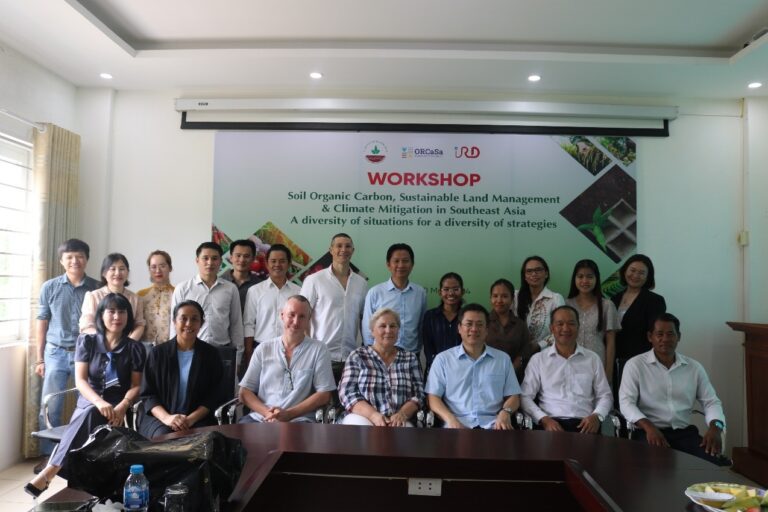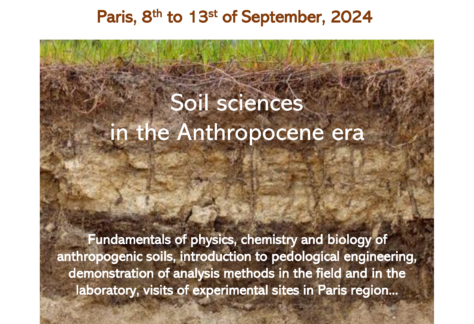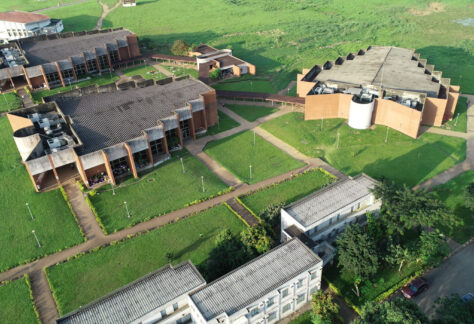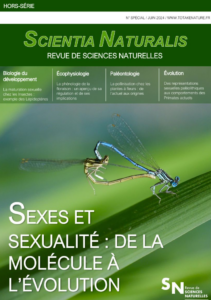The names of the nine nominees have been revealed by the science and innovation juries. Discover their profiles and projects. Three winners, one per region, will be rewarded for their impactful and innovative projects. Among them, Ratha Muon PhD student from iEES Paris. The selected projects focus on research themes that address societal challenges supported […]
A Robot to Track and Film Flying Insects
Scientists from the CNRS, Université de Lorraine, and Inrae have developed the first cable-driven robot that can follow and interact with free-flying insects.
Read moreMicro-geographic shift between negligible and actuarial senescence in a wild snake
Researchers used 37 years of mark-recapture data in two nearby habitats inside a meadow viper Vipera ursinii population to quantify life expectancies, generation times and the shape of actuarial and reproductive senescence.
Can participatory approaches strengthen the monitoring of cyanobacterial blooms in developing countries? Results from a pilot study conducted in the Lagoon Aghien (Ivory Coast)
Based on the use of a smartphone application, the citizens of the three villages were invited to report water color changes, as these changes could reflect cyanobacteria proliferations.
READ MOREPlastic pollution: towards a global treaty limiting production?
In Ottawa, negotiations aimed at signing an international treaty limiting plastic pollution moved in the right direction during a penultimate cycle, which ended Tuesday April 30. A summit placed under the aegis of the United Nations and attended by Marie-France Dignac and Jean-François Ghiglione, two researchers at Sorbonne University. The establishment is the first French university to be accredited by the United Nations Environment Program, allowing it to take part in international negotiations.
Workshop on soil organic carbon, sustainable land management & climate mitigation in souheast Asia – A diversity of situations for a diversity of strategies
Organized by Dr. Tran Minh Tien, from the Soils and Fertilizers Research Institute (SFI), Pascal Jouquet, from the Institute of Ecology and Environmental Sciences of Paris (iEES Paris) and the Institute of Research for Development, France (IRD), a regional workshop was held at SFI, Hanoi, from May 27th to May 31st, on “Soil organic matter […]
First SUITMA Summer School – Soil sciences in the Anthropocene era – Bondy
EVENT DETAIL-
00
days
-
00
hours
-
00
minutes
-
00
seconds
Seminar of Flavie THEVENARD
iEES Paris
Campus Pierre & Marie Curie, corridor 44 – 45, floor 4, conferences room – CC 237, 4 place Jussieu, 75005 PARIS
Seminar of Younès Dellero
“Using 13 C metabolic probes to assess carbon allocation processes within central metabolism of Brassica napus”
iEES Paris
Campus Pierre & Marie Curie, corridor 44 – 45, floor 4, conferences room – CC 237, 4 place Jussieu, 75005 PARIS

Seminar of Cécile Auger
iEES Paris
Campus Pierre & Marie Curie, corridor 44 – 45, floor 4, conferences room – CC 237, 4 place Jussieu, 75005 PARIS
Seminar of Jason Stockwell
iEES Paris
Campus Pierre & Marie Curie, corridor 44 – 45, floor 4, conferences room – CC 237, 4 place Jussieu, 75005 PARIS
Books
How can research for biodiversity allow us to draw inspiration from it and live in harmony with it? | FRB
Discover the answer of Luc Abbadie, emeritus professor of ecology at Sorbonne University and former director of iEES-Paris.
Carbon sinks, an opportunity for the climate | CNRS
With the participation of Cornelia Rumpel (CNRS), biogeochemist and Marie-Liesse Aubertin, doctoral student at iEES-Paris.
How Termite Mounds Play a Crucial Role in Farmers’ Lives
In his study, French soil expert Pascal Jouquet shares more of his ideas about the purpose of termite mounds in Cambodia and the countries nearby.
















